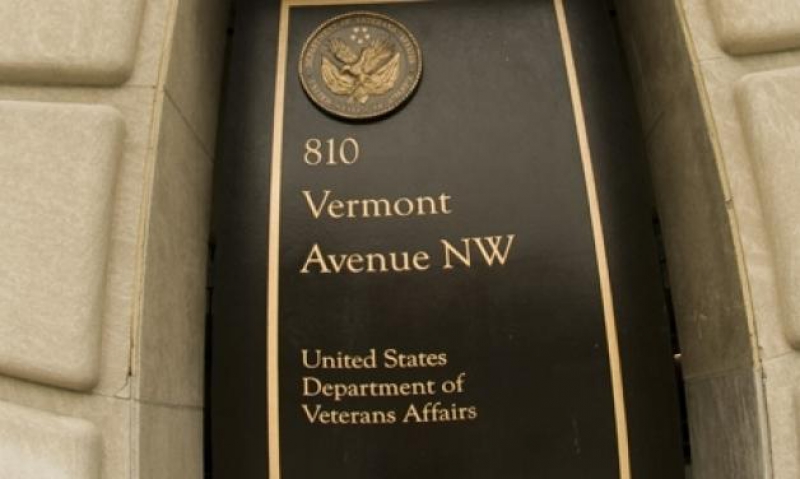
Committee OKs Buyer amendment to elevate priority status of veteran-owned small businesses.
The House Committee on Veterans’ Affairs approved two bills Oct. 28, including measures to increase veterans’ ability to compete for VA procurement contracts and to improve job training opportunities for veterans. Ranking committee member Steve Buyer amended a draft veterans benefits bill to elevate the priority status for veteran-owned small businesses seeking sole source contracts with VA. Buyer’s amendment would place veterans on the same priority level as minority-owned small businesses. “This provision is a major victory for all veteran-owned small businesses,” Buyer said. “Small businesses are the backbone of our economy, and my amendment would give veteran entrepreneurs the priority they have earned and deserve when competing for contracts with the federal government.” Other provisions in the draft benefits bill would amend the Servicemembers Civil Relief Act to strengthen servicemembers’ rights with regard to service contracts on items such as cell phones, and establish a system within the current VA database of veteran-owned small businesses to provide verifications necessary to process contract applications. The committee also approved H.R. 1168, as amended, the Veterans Retraining Act of 2009, which was introduced by Subcommittee on Economic Opportunity Ranking Member John Boozman, R-Ark. The bill would provide a housing stipend to unemployed veterans enrolled in a Department of Labor job-training program. The bill also would provide financial assistance to help newly trained veterans relocate to geographic locations with a high demand for their acquired skills. “Veterans’ unemployment rates are at an all-time high of over 8 percent. This dismal number equates to nearly a million veterans who cannot find work, and over half of those are between the ages of 35 and 64 – the prime earning years,” Boozman said. “It is my hope that H.R. 1168 will provide the necessary training opportunities that will allow more of these men and women to acquire employment skills that reflect job market demands, and the financial means to relocate to where those jobs are plentiful.” For more news from House Committee on Veterans’ Affairs Republicans, please go to:http://www.republicans.veterans.house.gov/http://www.youtube.com/user/VetAffairsRepublican
- Careers

